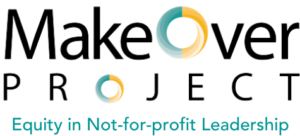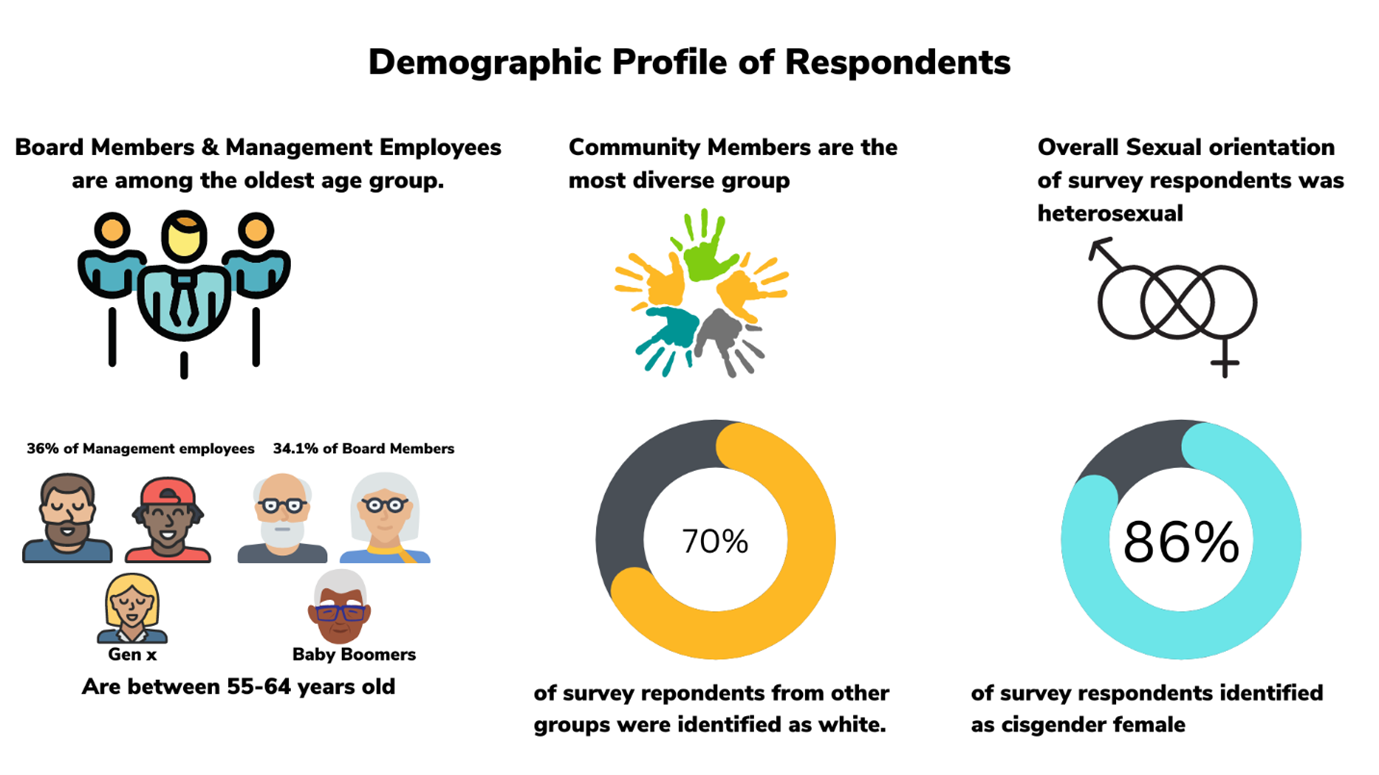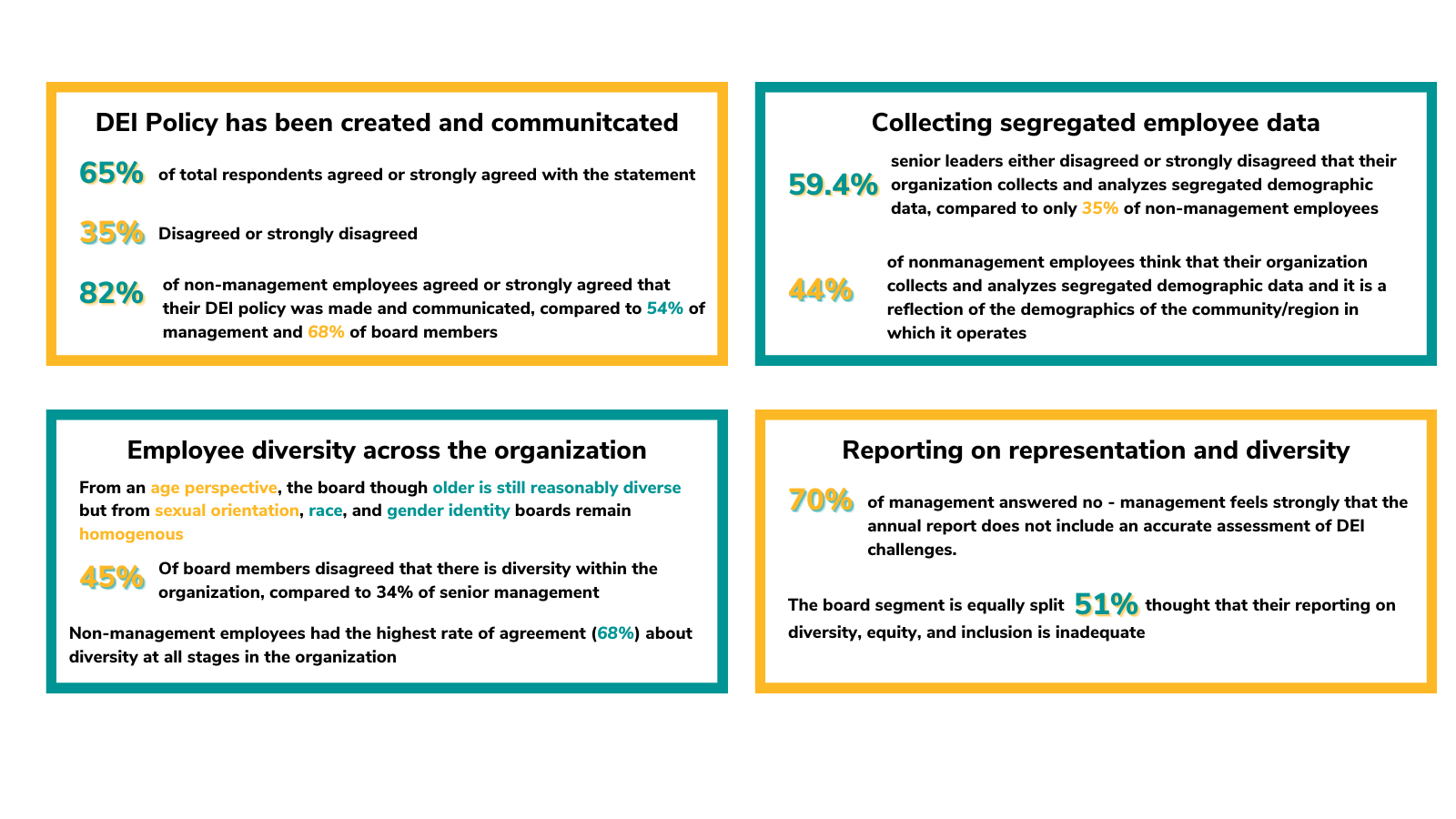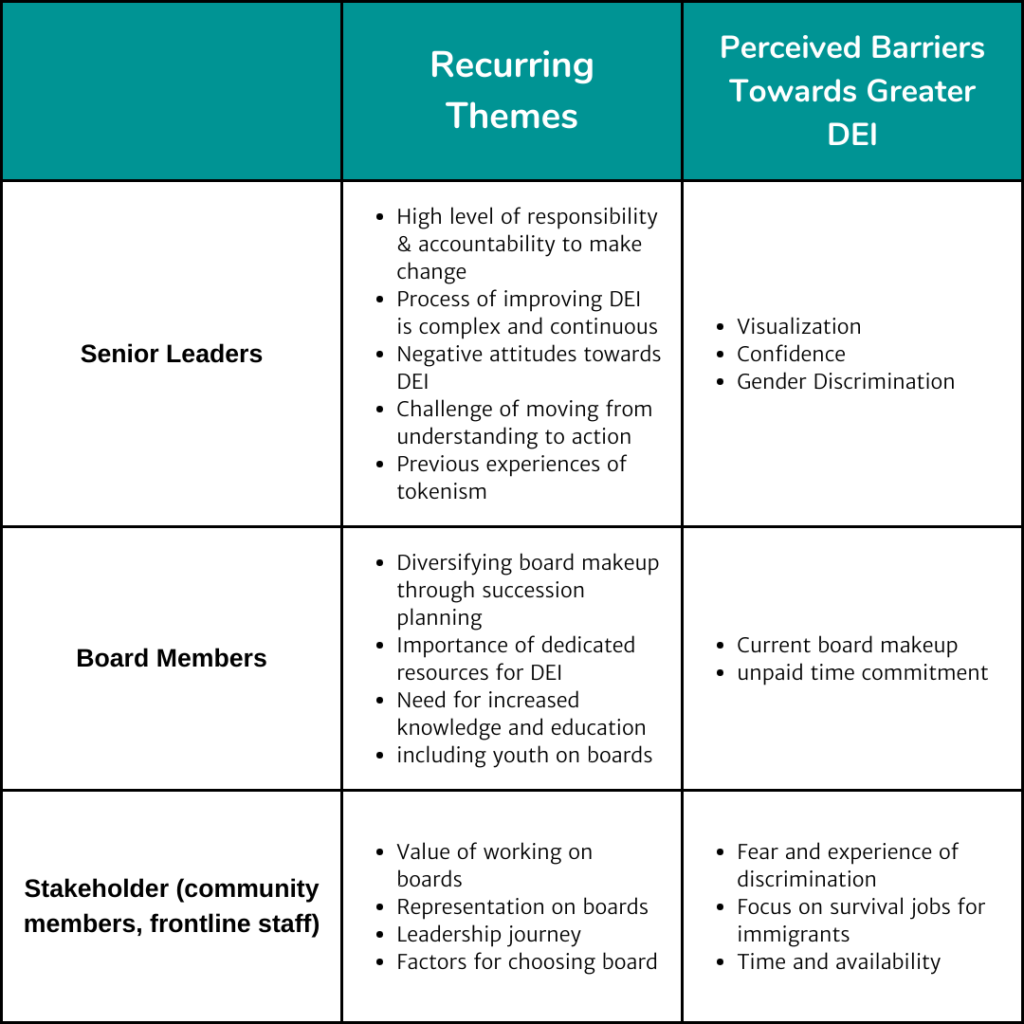Environmental Scan Executive Summary
In a 2018 literature review completed by the Ontario Nonprofit Network (ONN), it was found that 75%-80% of the Ontario nonprofit sector workforce is women, yet women are underrepresented in senior leadership positions and men are overrepresented. Within the Waterloo region, 74% of men are actively involved in the workforce, while only 66% of women (above the age of 15) are doing so.
Capacity Canada launched the project – Makeover: Women’s Leadership Co-Creation Studio: Advancing Equitable Nonprofit Sector Change to identify and address systemic barriers for underrepresented women, trans, and non-binary individuals in not-for-profit leadership. This 15-month project is funded by Women and Gender Equality Canada (WAGE).
Objectives of the Environmental Scan
- Develop a baseline assessment of gender diversity across a sample of charitable sector boards and organizations in the Waterloo Region
- Assess and examine gender-based leadership practices in a small sample of gender-serving charities in Waterloo Region
The scan is comprised of a literature review, 18 qualitative semi-structured key informant interviews (from 6 board leaders, 7 senior staff and 5 community stakeholders), and a qualitative survey of not-for-profit organizations and community members to examine the current state of governance and leadership practices through a feminist lens.
Literature Review
The literature review was conducted to critically analyze and provide a baseline assessment of gender diversity across charitable sector boards and organizations. The findings from the literature review have been organized into the following categories:
- Lower compensation
- Race and gender biases
- Lack of leadership roles
- Dismissive organizational culture
- Impacts of COVID-19 pandemic
- A Call for Sectoral Data That is More Robust and Comprehensive
- Centering the Experience of Women in the Sector
- Implementation Challenges
- Board Diversity Policies
- Board Assessment Tools
- Addressing Turnover
- Disclosing of Demographic Data
- Follow-up
- Framing Gender Diversity in Organizations
While conducting the research for the Environmental Scan, we identified the The Global Diversity, Equity & Inclusion Benchmarks (GDEIB) developed by The Centre for Global Inclusion. It can be used as a tool to co-create the desired state of DEI in an organization, to assess the current state of DEI within an organization, to engage management and staff in DEI, to determine short-term and long-term goals, to measure progress, and to assist in hiring DEI staff and consultants.
Environmental Scan Survey
The survey gathered valuable data about the current landscape of the non-profit sector in the region with regards to their diversity, equity, and inclusion strategies.
Key Informant Interviews
The individuals selected for interviews were connected to organizations in Waterloo Region with a commitment to addressing diversity, equity, and inclusion (DEI). Of the 18 interviewees, 6 identified as BIPOC and 2 as 2SLGBTQ+.
Next Steps
Since September 2022, the project has started gathering a group of dedicated change-makers and equity seekers to take the first step towards building strategic solutions to accelerate changes that will amplify women’s voices within the non-profit sector. We will be using the tools of human-centred design to gain direct insights into what women from underrepresented communities need in order to further their opportunities for leadership.
The design studio will be facilitated by members of Capacity by Design, a program of Capacity Canada that helps social good organizations rethink how they approach problem solving in order to develop innovative solutions to complex challenges.





